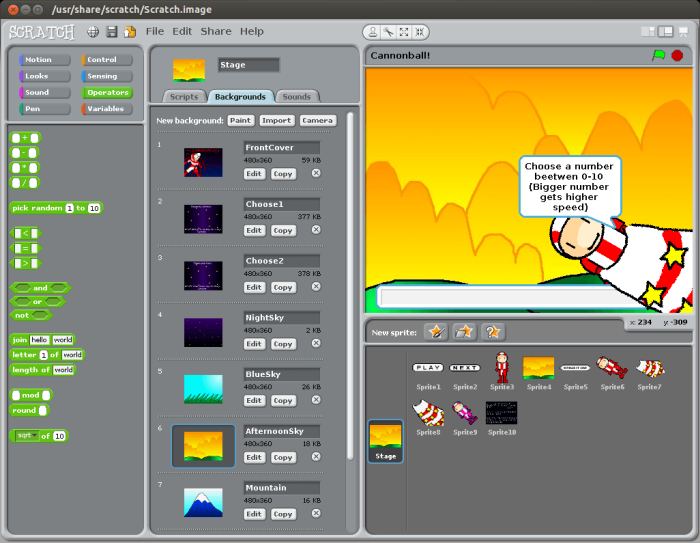Last Updated on December 11, 2018
We are surrounded by coding (often known as programming). That’s why all the cool kids are coding, or they should be. However, computer classes in the UK are dictated by the national curriculum, with students limiting their computing activities to learning applications such as Word and PowerPoint, and using the internet to help with their school work. However, learning how to use Microsoft Office is often of little or no interest to kids. They are motivated by interactive activities such as programming, as they like to make things to find out how they work.
While learning how to use applications is a necessary skill, programming is also a highly useful skill. It teaches problem-solving, communication skills, and creativity. It can also be incredibly enjoyable.
Programming is often perceived as having a steep learning curve. This is, in part, because coding can be quite unforgiving with lots of information to remember. It is not a simple activity such as surfing the net, or formatting paragraph text. But programming something fun does not have to be difficult. With the right software, kids can build anything they imagine, and create something amazing.
There’s lots of great software that makes coding fun and easy for kids. Remove the complexity of programming languages, and coding is open to any kids with basic reading skills.
| Great Ways for Kids to Learn the Art of Coding | |
|---|---|
| Scratch | Multi-platform, open source, easy, interactive, collaborative programming environment |
| Stencyl | Excellent game creation platform (but proprietary) |
| BASIC-256 | BASIC designed to teach young children the basics of computer programming |
| Snap! | Visual, block, drag-and-drop programming language |
 Read our complete collection of recommended free and open source software. Our curated compilation covers all categories of software. Read our complete collection of recommended free and open source software. Our curated compilation covers all categories of software. Spotted a useful open source Linux program not covered on our site? Please let us know by completing this form. The software collection forms part of our series of informative articles for Linux enthusiasts. There are hundreds of in-depth reviews, open source alternatives to proprietary software from large corporations like Google, Microsoft, Apple, Adobe, IBM, Cisco, Oracle, and Autodesk. There are also fun things to try, hardware, free programming books and tutorials, and much more. |
